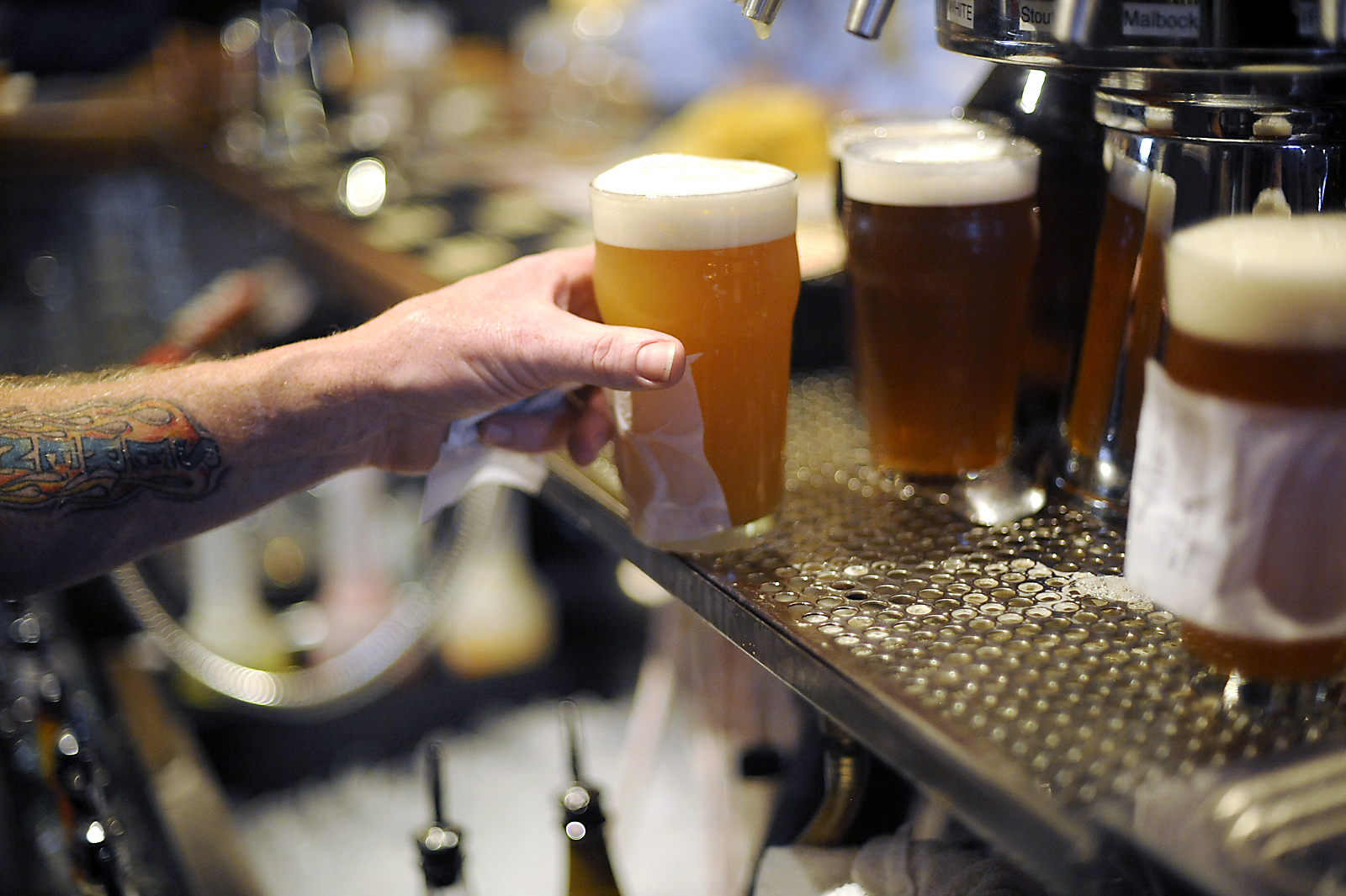Given the rancor and the poisonous partisanship that prevails in the nation's capital these days, even the most astute and attentive chronicler of the nation's political scene would find it difficult to find an issue on which Democrats and Republicans agree. There is one, though. There is clearly significant bipartisan support for beer. Or, more precisely, for BEER, a U.S. Senate bill that is officially entitled the Brewer's Employment and Excise Relief Act.
Sen. John Kerry, the high-profile Democrat from Massachusetts, and Sen. Mike Crapo, a stalwart Republican from Idaho, generally have little in common politically. They see eye-to-eye, though, on BEER, surely one of the best acronyms to emerge from Washington in years.
The pair jointly introduced the measure to lower federal excise taxes on small breweries earlier this spring. Nine Democrats and eight Republicans quickly signed as co-sponsors. That level of cooperation likely is the recent high-water mark for bipartisanship in the Senate.
The congeniality engendered by the BEER bill in the Senate apparently is contagious. When similar legislation was introduced in the House, it quickly won a large number of co-sponsors from each party, too. It's hard to say whether the merits of the legislation, the power of the craft beer/small brewery lobbyists or the legislators' desire to win the votes of beer-drinking voters in the next election cycle is responsible for such behavior.
Whatever the reason, the proposed legislation will update decades-old rules that sponsors say make it hard for the many small breweries that have begun operations in cities across the nation in the last few years to compete against the gigantic, multinational breweries that dominate the U.S. beer market.
Currently small breweries pay a $7 tax per barrel on the initial 60,000 barrels of their yearly output and an $18 per barrel tax on any production in excess of 60,000 barrels. The new rule, if approved, would lower the tax to $3.50 and $16 per barrel respectively. Passage would help level competition, experts say, but it is unlikely that the new rules would allow craft brewers to market their high-end brews at prices that match those offered by the larger companies. Consumers still would pay a premium for the mostly hand-crafted beers.
Beer drinkers seem willing to do so. Small breweries have proved remarkably successful here and elsewhere over the last few years. Indeed, sales of their products and market share have increased at a more rapid rate than almost every other type of alcohol product during the nation's recent economic hard times. Perhaps that's the reason for the BEER bill's bipartisan support.
Members of both parties, whatever their differences, seem united in a desire to be associated with an ascendant enterprise. It would be nice - and more beneficial to the country, though - if such bipartisanship extended to the much more pressing issues facing the nation.
